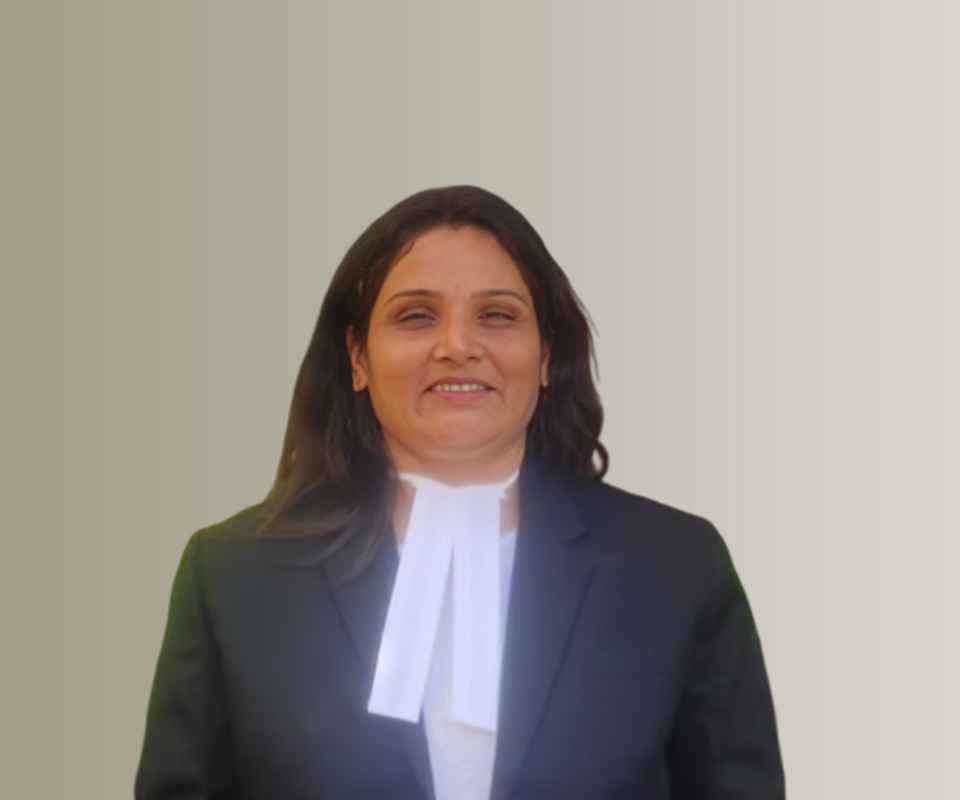Answer By law4u team
Yes, civil partnerships are subject to the same legal protections against domestic violence as marriages. In many jurisdictions, the laws regarding domestic violence do not differentiate between married couples and those in civil partnerships. Therefore, individuals in a civil partnership have the same legal rights and protections when it comes to domestic abuse or violence.
Key Legal Protections for Victims of Domestic Violence in Civil Partnerships:
Equality of Protection Under the Law:
Both civil partnerships and marriages are recognized as legally binding relationships, and victims of domestic violence in either type of relationship are entitled to the same legal protections. This includes protection from physical violence, emotional abuse, and other forms of domestic violence.
Domestic Violence Orders:
Victims in civil partnerships can seek protective orders (such as non-molestation orders or domestic violence protection orders) in the same way as married couples. These orders are designed to prevent further abuse by prohibiting the abuser from contacting or coming near the victim.
Access to Support Services:
Individuals in civil partnerships can access the same support services as married victims of domestic violence, including shelters, legal aid, counseling, and crisis intervention.
Legal Recourse and Court Orders:
Victims in a civil partnership can apply for an injunction, seek a legal separation, or pursue criminal charges against the abuser. These recourses are available irrespective of the relationship status (civil partnership or marriage).
Separation and Divorce Equivalent:
If the abuse is ongoing, the victim may seek to end the civil partnership through legal dissolution, which is similar to filing for divorce in a marriage. The court will also address matters such as property division and financial support, ensuring the victim is financially protected.
Example:
Consider the case of Olivia and Grace, who are in a civil partnership. Olivia experiences ongoing physical and emotional abuse from Grace.
Seeking Protection: Olivia can apply for a non-molestation order, which legally prevents Grace from contacting her or coming within a specified distance of her. This is the same legal measure available to married individuals in cases of domestic violence.
Legal Recourse: If Olivia feels that the abuse is severe and continuous, she can file for the dissolution of the civil partnership. The court will assess the abuse as part of the dissolution proceedings and may grant financial support or property rights to Olivia, as is done in divorce cases.
Support Services: Olivia can access domestic violence support services, such as safe housing, legal aid, and counseling, just as a married victim of domestic violence would.







